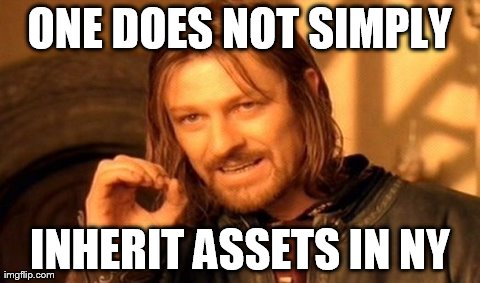Why should I avoid probate in Florida?
The reason many people wish to avoid probate in Florida because it can bypass the restrictions on who can serve as the person in charge of your affairs, make things more simple for the person in charge of your affairs, keeps costs down, speeds up the process of getting money to your intended beneficiaries, and allows you to have greater privacy.How does avoiding probate avoid the restrictions in Florida with respect to who can manage your affairs?
Avoiding probate makes it easier for the person you want to manage your affairs after death to qualify as the person in charge because not everyone can serve as an Executor of Administrator in Florida. For example, a nonresident person may not serve as an executor unless they are related to you by blood, marriage, or adoption (See FL Statute Section 733.304) So, if you want to name a family friend to be an executor, they are not permitted to serve as executor unless that friend lives in Florida.Additionally, there is often a bonding requirement for anyone who wants to serve as an administrator of an estate when the decedent died without a Will. If the proposed administrator does not have good credit, they likely will not qualify for a bond, and therefore would be ineligible to serve as administrator.
How does avoiding probate in Florida make things more simple?
Avoiding probate in Florida makes things more simple because instead of the person in charge of your affairs having to go through a three step process to transfer your assets, he or she only has to do a two step process. Specifically, if you die in a manner that requires probate, then your Executor or Administrator (if you die without a Will), needs to file a Petition with the Court to be officially named in charge of the estate. (This is step one)Once your executor or administrator qualifies, he or she must gather up the estate assets, set up an estate account, and pay the bills and taxes. (This second step is often the longest step.)
The third step is to pay the beneficiaries and close down the estate. When you use a revocable trust (which is fully and properly funded before death), the first step can be avoided. Needless to say, when you don't have to go to Court and file a Petition, that speeds up the estate administration process and reduces the overall costs.
Other reasons to avoid probate.
I would also like to point out that another benefit to avoiding probate is that some counties have a routine practice of requiring executors and administrators to put all of the funds of an estate into a restricted depository account that can only be released by Court order. This also has the negative effect of making the administration process take longer and more expensive (because you need another Court order). However, I do understand that this practice is being challenged. If you would like to learn more about that, Boca Raton, Florida Attorney Chuck Rubin has written a nice piece called: Mandatory Restricted Depository Arrangements in Probate Questioned.Kevin A. Pollock, Esq., LL.M. is an attorney licensed to practice in NJ, NY, PA and FL. Kevin meets with clients in Boca Raton, FL office located at 5499 N. Federal Highway, Suite K, Boca Raton, FL 33487 by appointment only. Kevin may be reached at (561) 247-1557.
